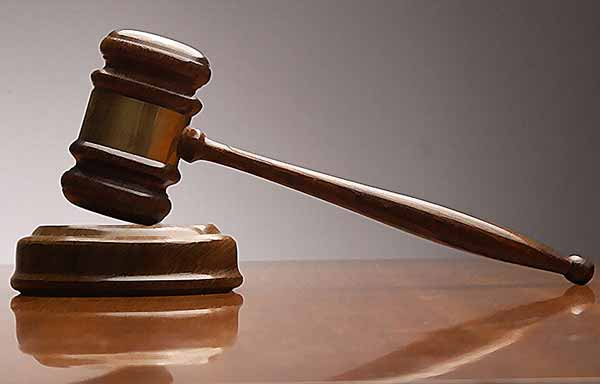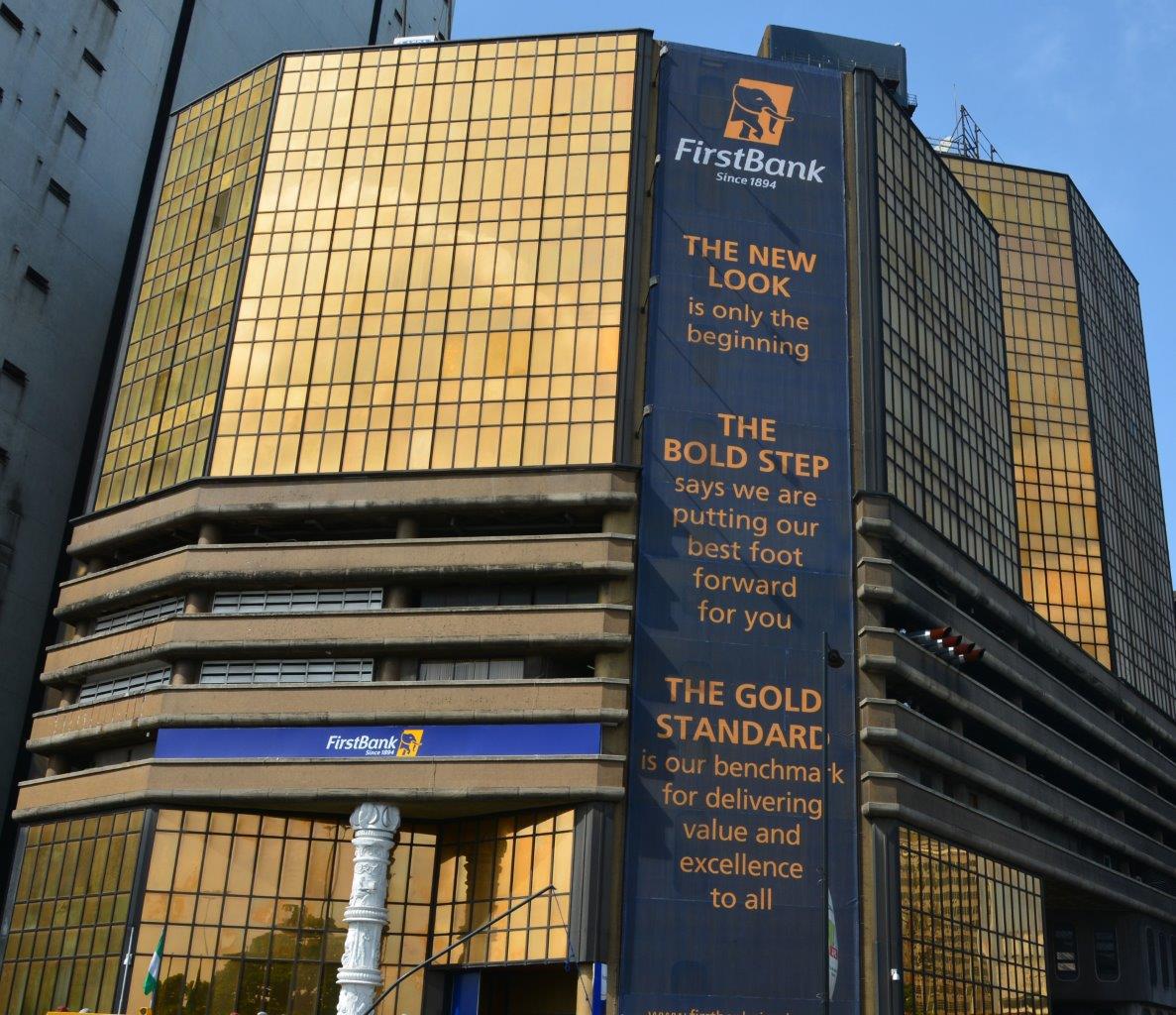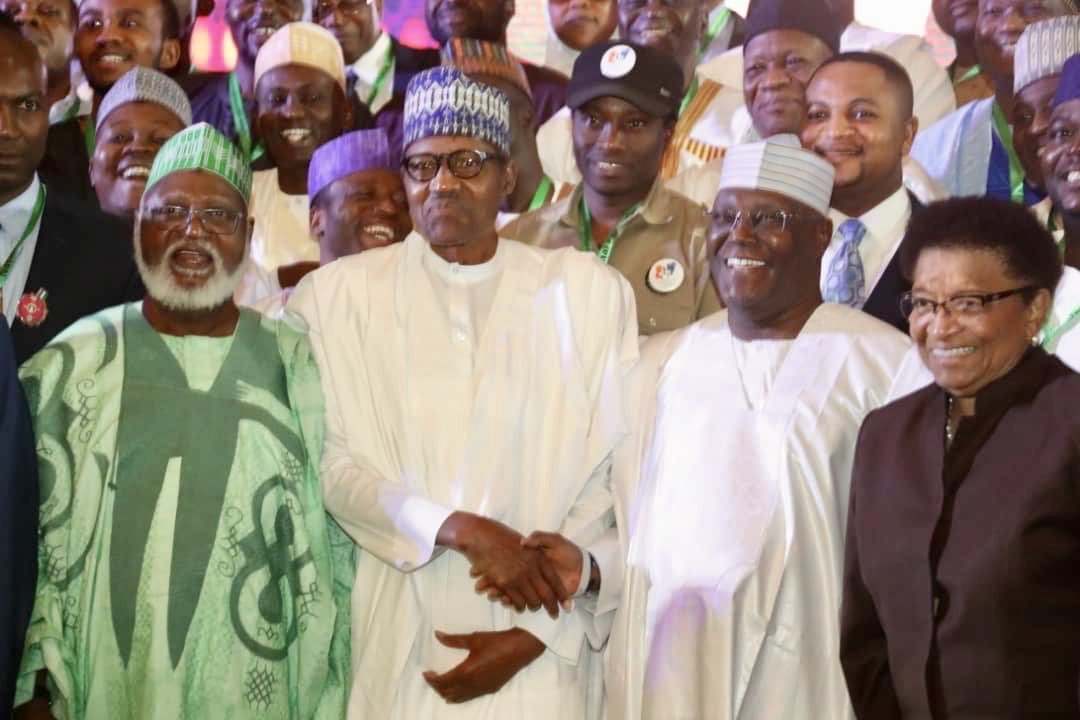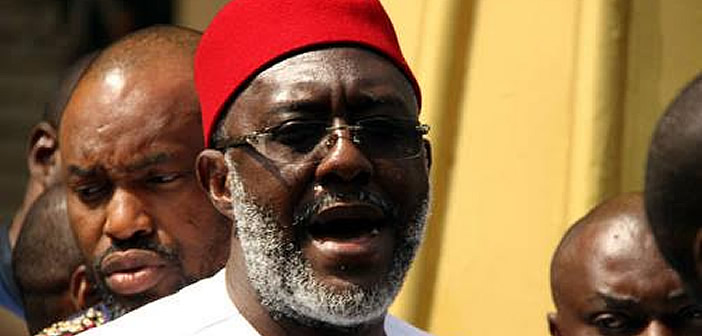A Federal High Court in Lagos on Friday adjourned until April 18, a ruling in the N179 billion fraud trial of a former Managing Director of the defunct Intercontinental Bank Plc, Dr Erastus Akingbola.
Counsel to Akingbola, Mr Wole Olanipekun (SAN), had at the resumed trial, opposed the prosecution’s intention to substitute one of its witnesses.
He also contended the admissibility of certain documents from Access Bank sought to be tendered by the Economic and Financial Crimes Commission (EFCC) through the said witness.
Akingbola was re-arraigned by the EFCC in March on an amended 22-count charge bordering on money laundering.
He was accused of using N179 billion belonging to the defunct Intercontinental Bank for fictitious transactions.
The defendant, however, pleaded not guilty to the charge before Justice Mojisola Olatoregun.
On Friday, EFCC called its third witness, Mr Uyoyou Ewhe, an Access Bank official.
It sought to tender through him, statements of certain accounts opened in Access Bank.
EFCC counsel, Mr Rotimi Jacobs (SAN), told the court that he settled for Ewhe to tender the documents because the intended witness had left the bank and was no longer in the country.
Citing the case of Enahoro and the Queen, 1965, Olanipekun objected to the substitution, stating that the prosecution could not within the law, substitute a witness.
“You cannot substitute a witness in a criminal proceeding; substituting a witness amounts to sourcing for evidence; this is contrary to the decision of the Supreme Court in the celebrated case of Enahoro against the Queen, 1965.
“If you don’t have your witnesses, you don’t have your witnesses; you cannot substitute witnesses,” he said.
Olanipekun, further objected to the admissibility of the documents by the witness, arguing that they were freshly sourced.
He added that contrary to the law, before a criminal case would be filed in court, all investigations must have been concluded.
“The prosecution was sourcing for evidence two days ago in a trial that started 10 years ago,” Olanipekun said.
He also urged the court not to admit the documents on the basis that they had emanated from Access Bank, which he said was an interested party in Akingbola’s trial.
“Section 83 of the Evidence Act prohibits admissibility of these type of documents, we have addressed your lordship on the interest of Access Bank in this matter, which is undisguised.
“This witness, the maker of these documents, is an official of Access Bank.
“Put succinctly, this documents are Access Bank document, and I daresay the documents were made as a result of evidence already given.
Responding, Jacobs said that the question of substituting a witness did not arise.
According to him, even if it arose, the prosecution was not limited to the list of witnesses in the proof of evidence it originally filed.
He argued that in the case of Enahoro, which Olanipekun cited, the Supreme Court did not decide that witnesses could not be changed.
He added that by virtue of the Administration of Criminal Justice Act, the prosecution was at liberty to file additional evidence anytime before judgment.
“These documents are old statements of accounts of 1990.
“It is just the letter covering the documents and the certificate showing compliance that are new; It is a new bottle with the old wine,” Jacobs said.
Justice Olatoregun adjourned the case till April 18 for ruling on the issues.
The News Agency of Nigeria (NAN) reports that the EFCC accused the defendant of converting an aggregate sum of 1.3 million dollars and 8.5 million dollars, taken from the bank’s GBP NOSTRO account at Deutsche Bank in London.
The sum was said to have been remitted into the account of Fuglers Solicitors with the Royal Bank of Scotland in London, to purchase property in the name of Life Boat Settlement Trust allegedly set up by the defendant.
According to the prosecution, the defendant knew that the sums represented proceeds of crime.
The alleged offences contravene the provisions of Sections 105(1) and 105(a), of the Investment and Securities Act, 2007.
They also contravene the provisions of Sections 13 (1), 15(1)(a), and 28(3) of the Banks and Other Financial Institutions Act, Cap B3, Laws of the Federation, 2004.
One of the offences also contravenes the provisions of Sections 14(1) of the Money Laundering Prohibition Act, 2004




